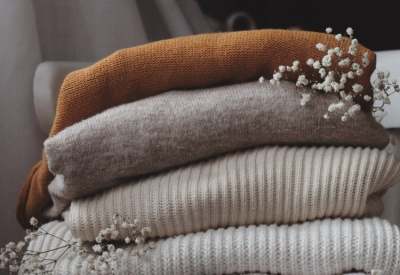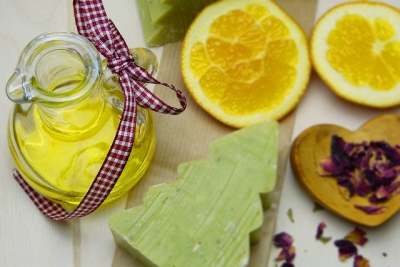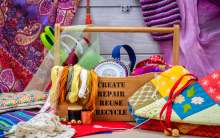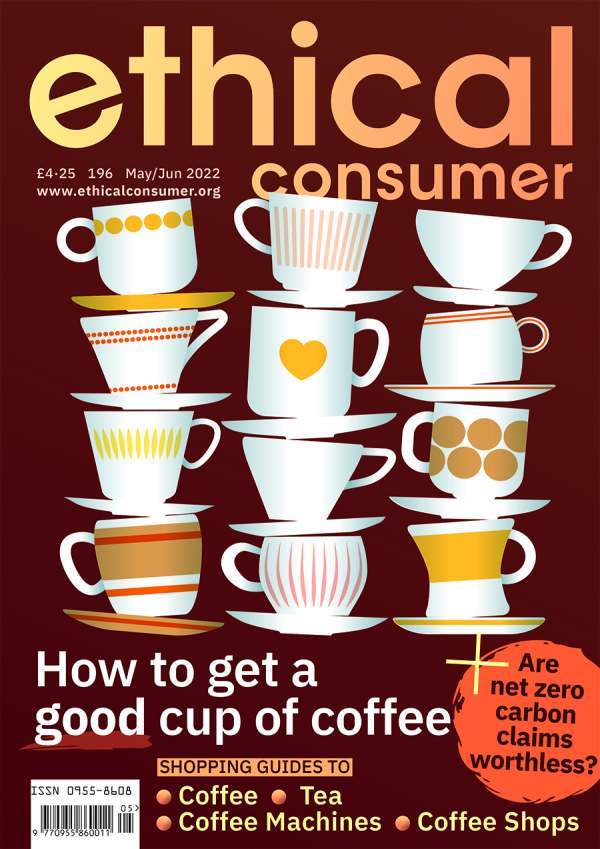Between family expectations and the last-minute rush, Christmas can be a hard time to put our ethics into practice. Here we make it simple with our ultimate Christmas guide.
Ethical gifts have a low or even positive impact on the world, and can be incredibly meaningful.
One place to start is thinking about how to avoid buying lots of stuff by giving creative and personal alternatives.
Alternative gifts
Get crafty
Getting fully involved in a good hobby is an excellent way to pass the long nights and raise the spirits. Why not turn your craft into presents? Collect second-hand wool and make socks or scarves, make a scrapbook full of shared memories, make vegan and Fair Trade chocolates or gather some bulbs and plant them in vintage pots. Why not hand-pour home-made beeswax candles into old teacups or pots and infuse them with your own essential oil blend? Swap the beeswax for soy flakes for a vegan alternative.
Gift your time
You don’t have to spend money to show you care. Make a promise to help an elderly relative clear out their attic or garden. Volunteer to babysit for stressed-out new parents. Offer to sort out a friend’s paperwork or invite your neighbours over for dinner. You could create a physical 'gift voucher' out of paper or card to put in an envelope which can be opened like other presents.
Gift an experience
Why not gift an experience that you and a friend can enjoy together, whether that’s theatre, a sports event or arts and culture.
Lots of cities and towns have brilliant alternative arts scenes, with small theatres, comedy or gig venues. It could be a great chance to support them.
You could also get inventive and plan a trip, design an itinerary and fill it with activities. A membership for your local nature reserve could make a great present, or look up local classes or events in foraging and then enjoy making a meal together with your free finds.















